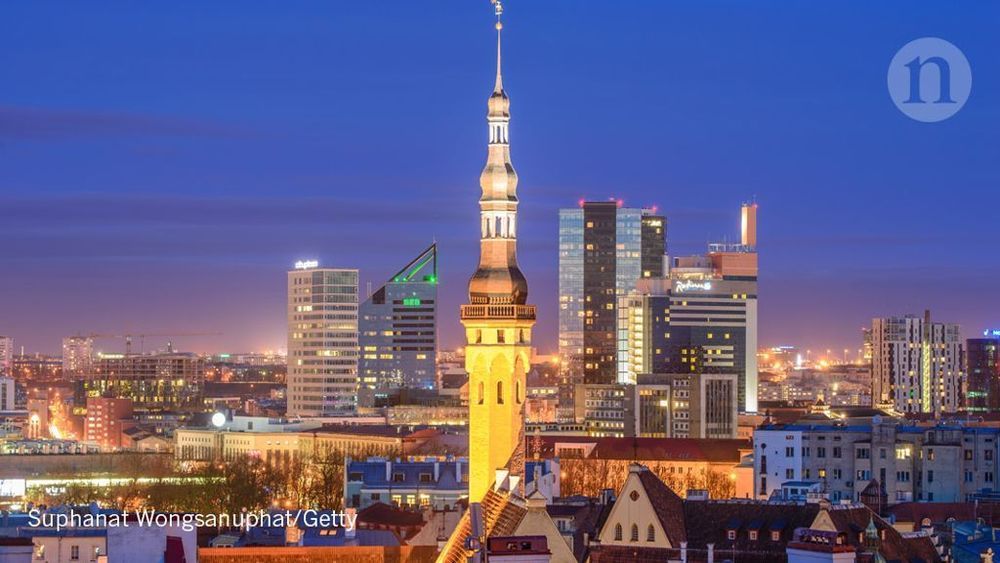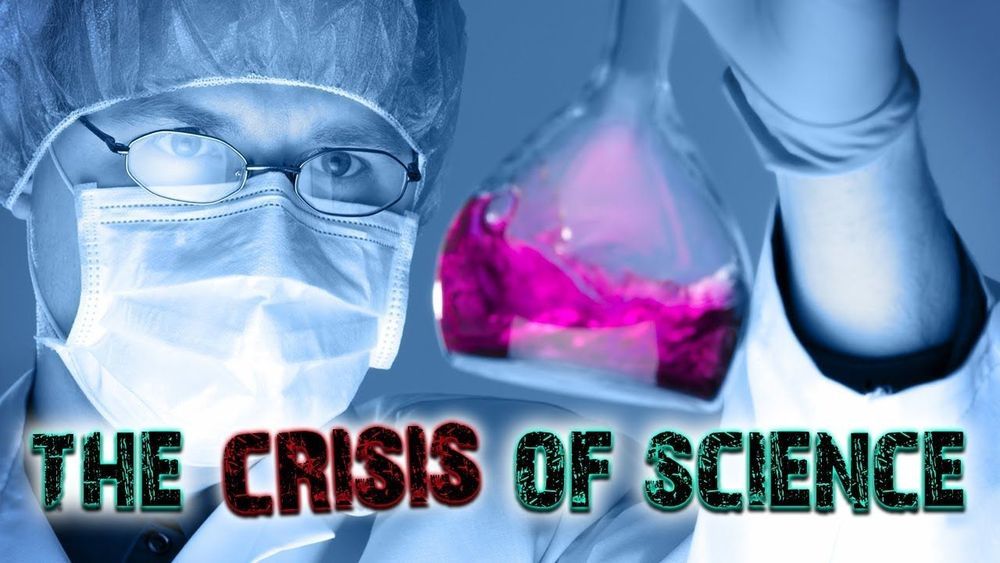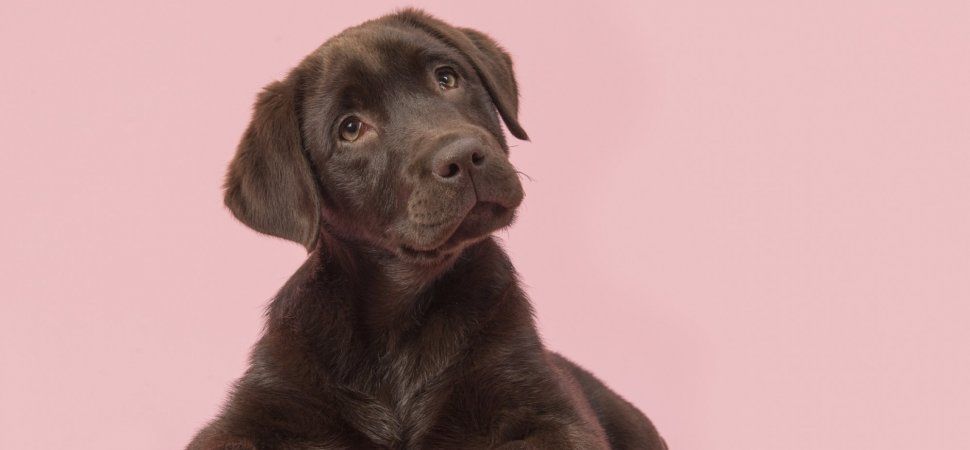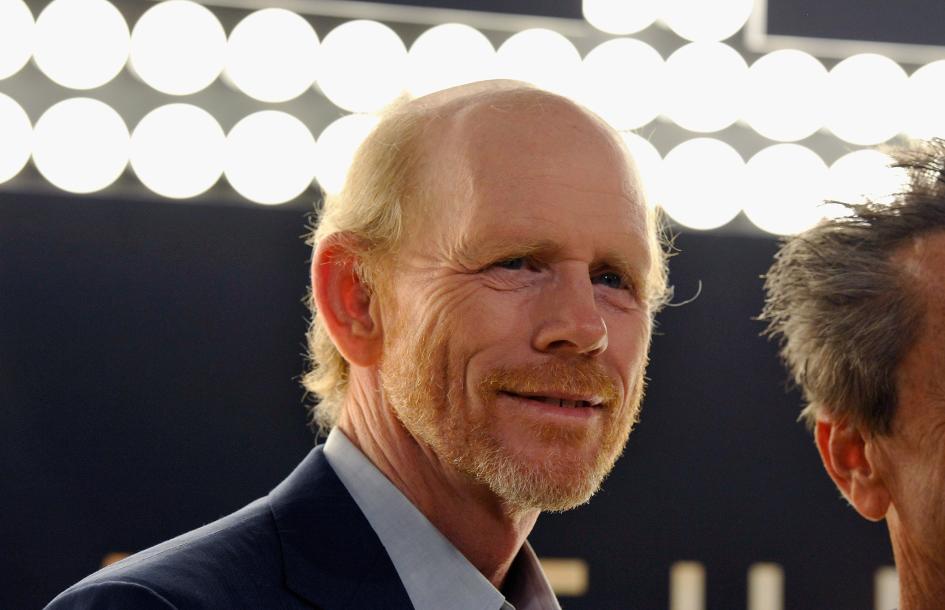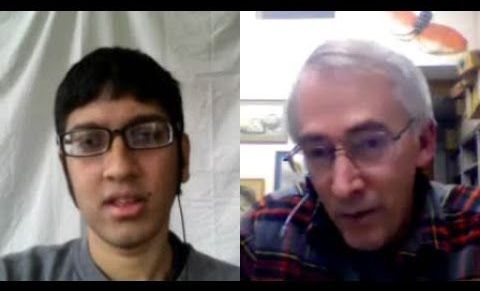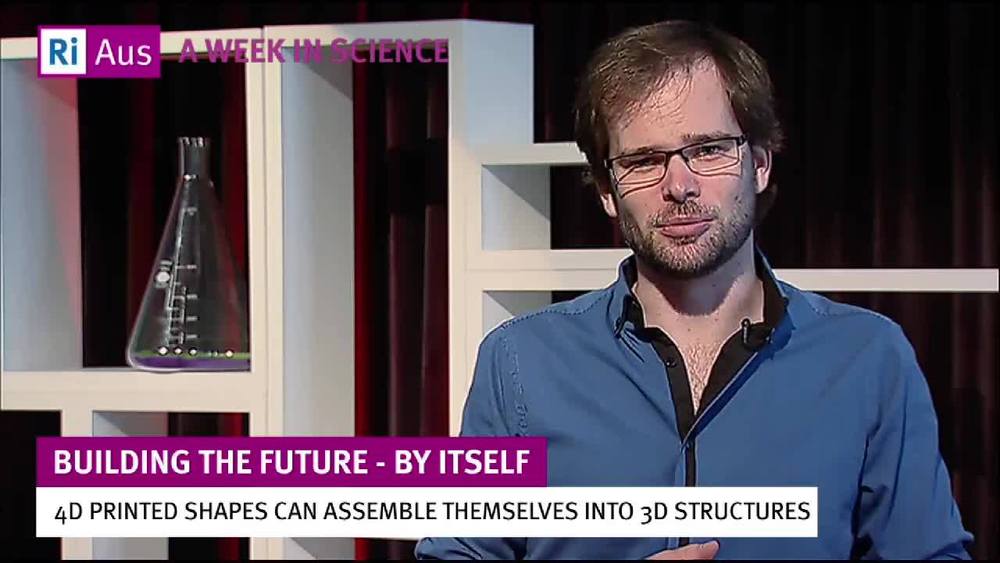Mar 1, 2019
How Estonia blazed a trail in science
Posted by Derick Lee in categories: education, science
Still, Estonia’s research prowess is an example of how quickly a small country can turn its scientific fortunes around with international support and well-designed domestic policies — and its success has drawn attention from other nations looking to build their scientific capacity. Latvia, for instance, borders Estonia and joined the EU at the same time. “We started from a very similar position,” says Dmitrijs Stepanovs, Latvia’s deputy state secretary and director of the higher-education and science ministry, but “now we are far behind and must try to catch up.”
A small nation found strength in research after joining the European Union.
